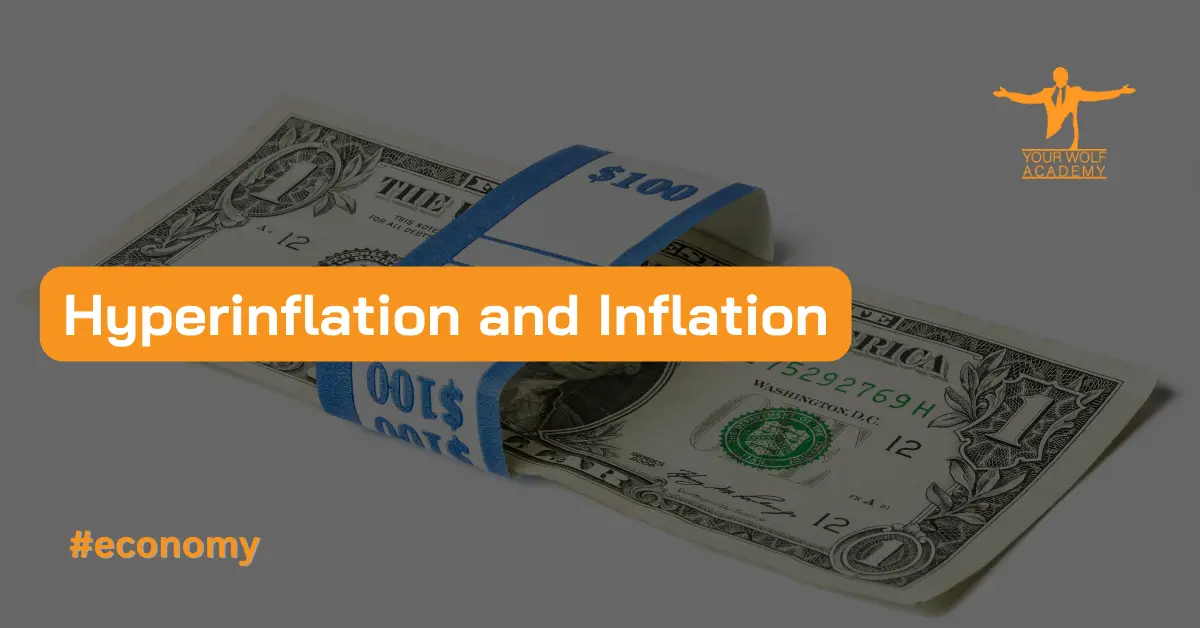SNB, Swiss National Bank – How it Operates
The Swiss National Bank (SNB) is a vital institution in the Swiss financial landscape. Established in 1907, it plays a significant role in shaping the country’s monetary policy and ensuring the stability of the Swiss franc. This article provides an...
The Fast Market Phenomenon: What it is and How to Navigate it
In recent years, the business world has become more dynamic and fast-paced than ever before. One of the consequences of this trend is the emergence of the “fast market” phenomenon, where markets can experience sudden and drastic changes in supply,...
The Bretton Woods Agreement: Its Creation, Impact, and Legacy
The Bretton Woods Agreement, signed in 1944, was a historic international agreement that established the framework for the post-World War II global economic system. Named after the New Hampshire town where it was signed, the Bretton Woods Agreement sought to...
Understanding the International Monetary Market (IMM)
The International Monetary Market (IMM) is one of the most important financial institutions in the world, playing a critical role in the global economy. It is a division of the Chicago Mercantile Exchange (CME) and is responsible for trading futures...
An Overview of the Reserve Bank of New Zealand (RBNZ)
The Reserve Bank of New Zealand (RBNZ) is the central bank of New Zealand, responsible for formulating and implementing monetary policy, maintaining financial stability, and promoting the smooth operation of the country’s financial system. Established in 1934, the RBNZ has...
Brexit: An In-Depth Look at the UK’s Departure from the EU
Brexit, short for “British exit,” refers to the United Kingdom’s decision to leave the European Union (EU) on January 31, 2020, after 47 years of membership. The UK’s departure from the EU was a historic event that had far-reaching implications...
The Old Lady (Bank of England): A Comprehensive Look at its History and Role
The Bank of England is one of the most important institutions in the United Kingdom’s financial system. Known colloquially as “the Old Lady of Threadneedle Street,” the Bank has played a critical role in the country’s economy since its establishment...
The Kiwi’s Performance Against the USD: A Comprehensive Analysis
The New Zealand dollar, also known as the Kiwi, is a major currency in the global financial market. It is the official currency of New Zealand, and it is also used in the Cook Islands, Niue, Tokelau, and the Pitcairn...
Understanding Liquid Markets: Everything You Need to Know
In the world of finance, liquidity refers to the ease with which assets can be bought or sold without affecting their price. Liquid markets are financial markets where buyers and sellers can easily buy and sell assets without affecting their...
Understanding Hyperinflation and Inflation: Causes, Effects, and Prevention Measures
Hyperinflation and inflation are two economic terms that can have a significant impact on individuals, businesses, and governments. Inflation refers to the increase in the general price level of goods and services over a period of time, while hyperinflation is...









